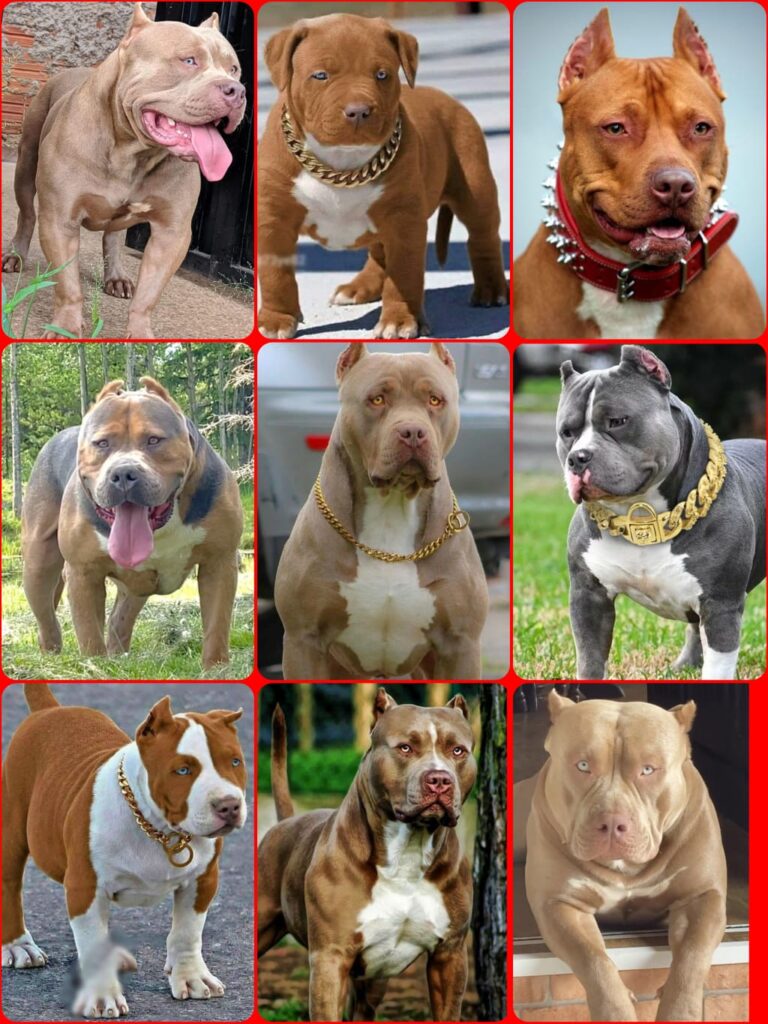All About Pitbulls: Origin, Care, and Training
Pitbulls, often misunderstood, are loyal and loving companions. This article delves into the origin of Pitbulls, how to care for them, and effective training methods. Understanding these aspects will help ensure your Pitbull leads a happy and healthy life.
✅ The Origin of Pitbulls
Pitbulls, known as American Pit Bull Terriers, have a rich history:
- Historical Background: Bred in the 19th century in the United Kingdom from Old English Bulldogs for bull-baiting and later dogfighting.
- Migration to America: Immigrants brought Pitbulls to America, where they became versatile working dogs on farms.
- Modern Role: Today, Pitbulls are family pets, therapy dogs, and service animals, known for their intelligence and loyalty.
✅ Caring for Your Pitbull
Proper care is essential for a Pitbull’s well-being:
- Nutrition:
- High-Quality Dog Food: Choose food with meat as the first ingredient and avoid fillers.
- Portion Control: Prevent obesity by feeding appropriate portions based on age, weight, and activity level.
- Exercise:
- Daily Physical Activity: Ensure 60-90 minutes of exercise daily, including walks and playtime.
- Mental Stimulation: Use puzzle toys and interactive games to keep your Pitbull mentally engaged.
- Grooming:
- Brushing: Weekly brushing to remove loose hair and keep the coat healthy.
- Bathing: Bathe every 4-6 weeks with dog-specific shampoo.
- Nail Care: Trim nails every few weeks to prevent overgrowth.
✅ Training Your Pitbull
Training is crucial for a well-behaved Pitbull:
- Early Socialization:
- Exposure to New Environments: Introduce your Pitbull to various people, places, and animals early on.
- Positive Experiences: Ensure interactions are positive to build confidence and reduce fear-based behaviors.
- Obedience Training:
- Basic Commands: Teach commands like sit, stay, and come using positive reinforcement.
- Consistency: Be consistent with commands and rewards for effective training.
- Addressing Behavioral Issues:
- Professional Help: Seek help from a dog trainer for signs of aggression or other issues.
- Patience and Persistence: Training requires time, patience, and consistent positive reinforcement.
✅ Health and Veterinary Care
Regular vet care is vital for your Pitbull:
- Vaccinations: Keep vaccinations up to date to protect against diseases.
- Routine Check-ups: Schedule regular vet visits for early detection of health issues.
- Preventative Care: Use flea, tick, and heartworm preventatives as recommended by your vet.
✅ Creating a Safe Home Environment
Ensure your home is safe and comfortable for your Pitbull:
- Secure Yard: A securely fenced yard prevents your Pitbull from wandering.
- Safe Space: Provide a comfortable bed in a quiet area for your dog to relax.
- Toys and Chews: Offer a variety of toys to keep your Pitbull entertained and reduce destructive behavior.
✅ Conclusion
Pitbulls are loyal, affectionate, and intelligent dogs that thrive with proper care and training. By understanding their needs and providing a loving environment, you can ensure your Pitbull lives a happy and healthy life. Remember, a well-cared-for Pitbull is a joyful and devoted companion.



